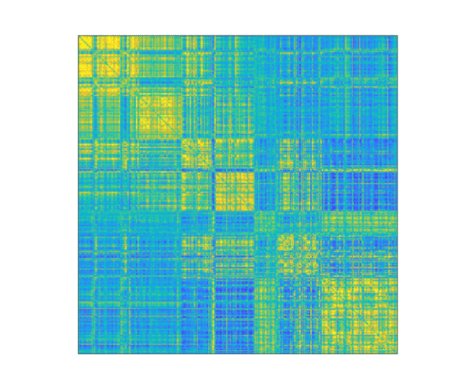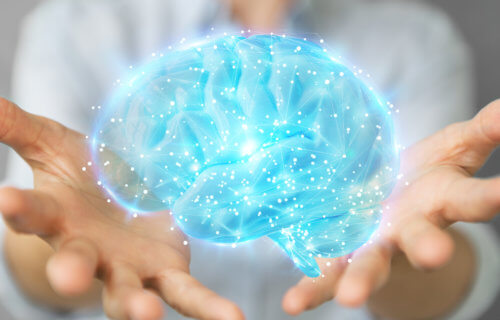LAUSANNE, Switzerland — Your fingerprint is something incredibly unique that only you have. As it turns out, your brain has a so-called “fingerprint” of its own, according to scientists, and new research reveals it can be found much faster than previously thought.
Earlier research at Yale University found that connectomes, a map of the brain’s neural network, produce this unique “fingerprint.” They were able to identify a certain individual purely based on their brain scan, similar to how our phone can accurately determine our fingerprint. Enrico Amico, a scientist at the Swiss Federal Institute of Technology Lausanne in Switzerland, used this research and decided to improve it.
“My research examines networks and connections within the brain, and especially the links between the different areas, in order to gain greater insight into how things work. We do this largely using MRI scans, which measure brain activity over a given time period,” says Amico in a statement. He used the scans to create graphs that accurately summarized what the brain was doing.

“Until now, neuroscientists have identified brain fingerprints using two MRI scans taken over a fairly long period. But do the fingerprints actually appear after just five seconds, for example, or do they need longer?” says Amico. After testing this theory, he found that an accurate result could be determined in 1 minute and 40 seconds. He also found that the quickest fingerprint was developed around the eye, revealing unique information in a timely manner.
Amico wishes to compare the neural scans of healthy patients to those with Alzheimer’s. He believes the detection of neurological conditions can be discovered using our brains’ fingerprints. “Based on my initial findings, it seems that the features that make a brain fingerprint unique steadily disappear as the disease progresses. It gets harder to identify people based on their connectomes. It’s as if a person with Alzheimer’s loses his or her brain identity,” he notes.
This research could be used to help those who suffer from strokes, autism, and even drug addiction. Anything that could damage the brain could be better understood by looking at our unique brain fingerprint.
The study is published in Science Advances.
